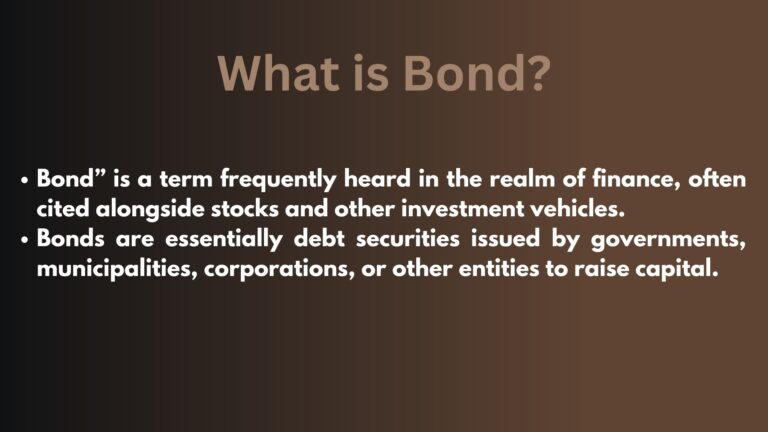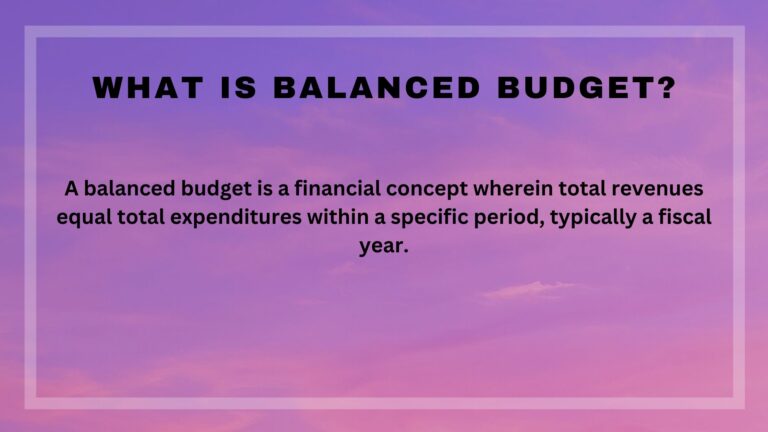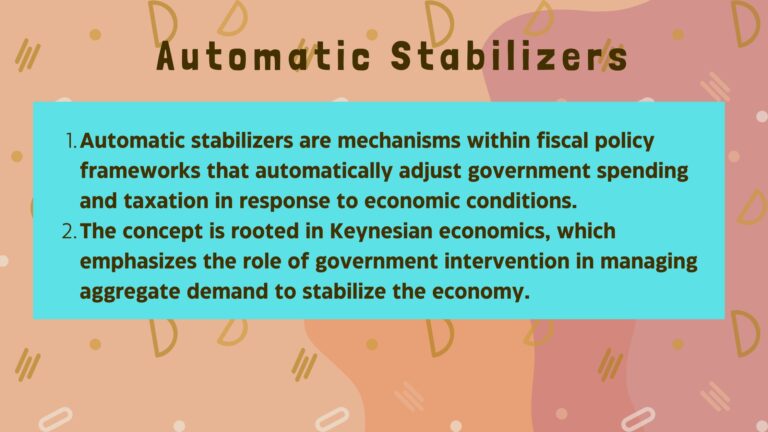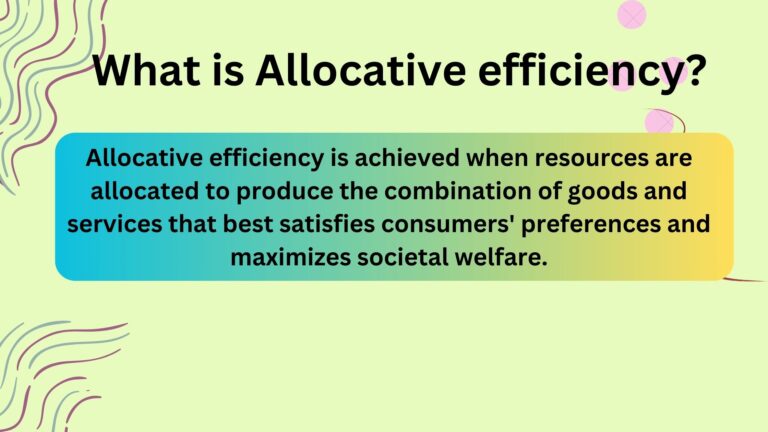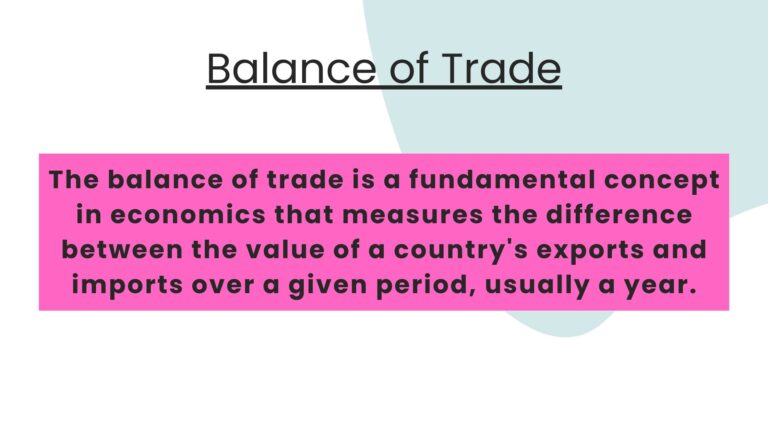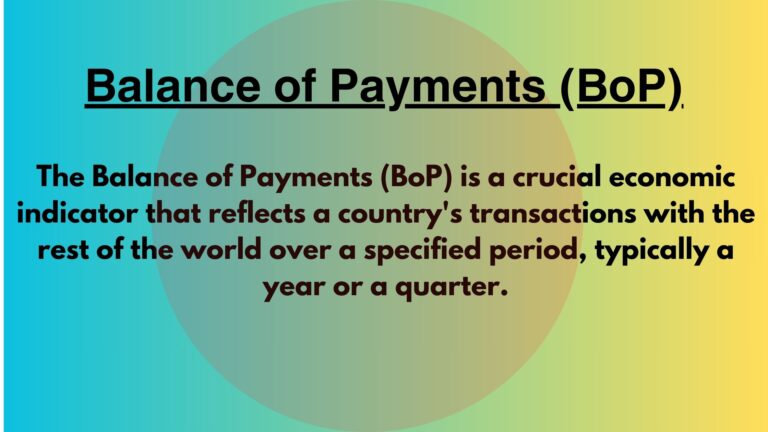The Global Financial Crisis: A Critical Study [2024]
The global financial crisis of 2007-2008 was one of the most significant economic events in modern history. It shook the foundations of the global financial system, leading to widespread economic downturns, bank failures, and severe socio-economic consequences across the world. In this critical study, we will delve into the root causes, contributing factors, and aftermath…

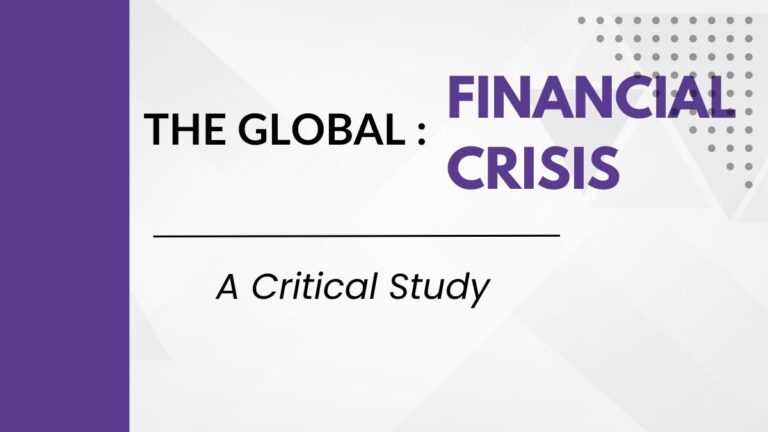
![What is Miami Heat? History and Importance [2024]](https://anyfaq.org/wp-content/uploads/2024/04/What-is-Miami-Heat-768x432.jpg)
